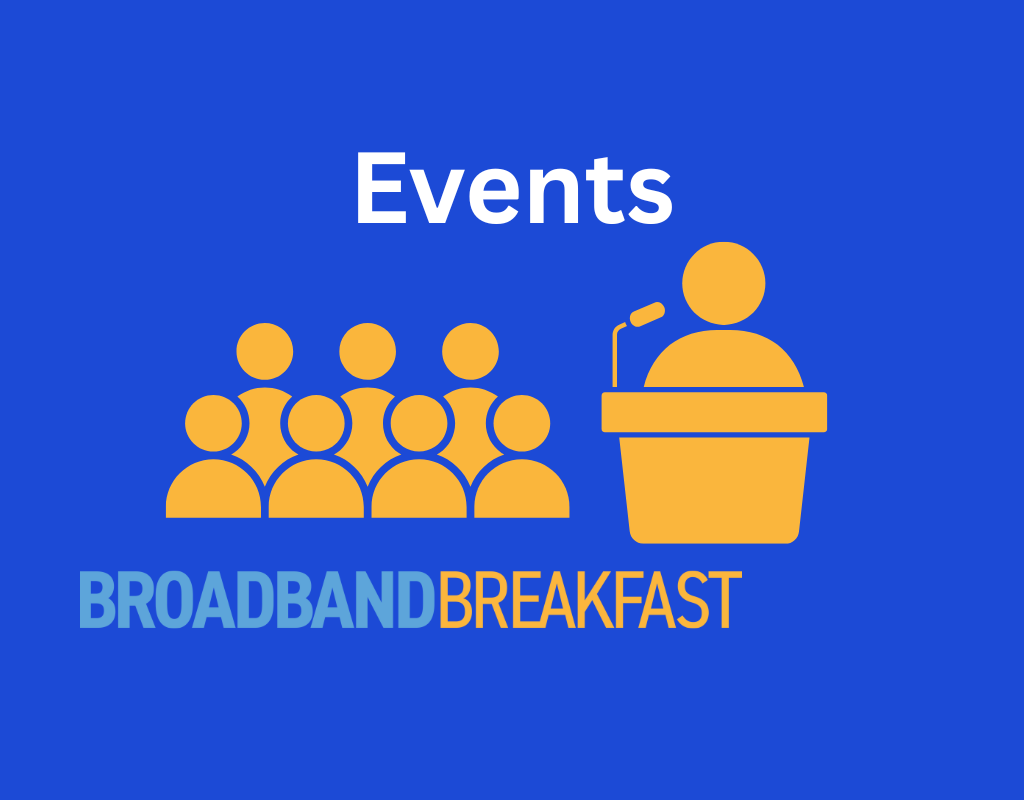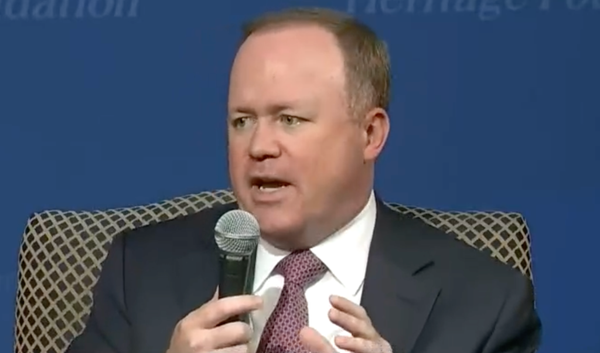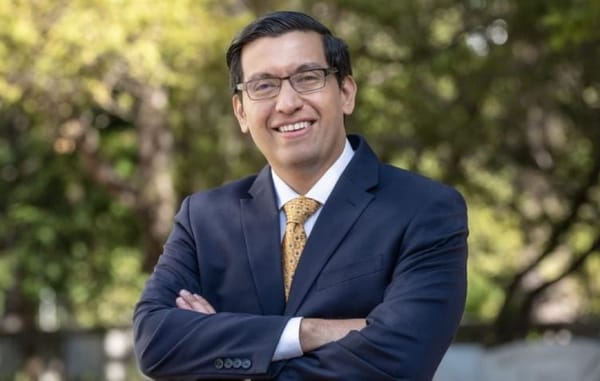
Digital Infrastructure Investment 2026
Our annual event in Washington on Sept. 24, 2026
Become a Breakfast Club MemberSave the date! Thursday, Sept. 24, 2026, at Clyde's of Gallery Place in Washington!
See all of our Digital Infrastructure Investment Summits:
Digital Infrastructure Investment 2024
Digital Infrastructure Investment 2024 is ‘All-in’ on Open Access on September 19, 2024.

Digital Infrastructure Investment 2023
Become a Breakfast Club member and watch the videos from the Summit.

Digital Infrastructure Investment Program-Washington (2022)
Digital Infrastructure Investment–Washington (2022) A summit uniting financial services and broadband operators Become a Breakfast Club Member Full Program, Speaker Bios and Sponsors for 2022 In person or online attendees may access the videos. Members of the Broadband Breakfast Club also have full access. Video page: Digital Infrastructure InvestmentBecome

Digital Infrastructure Investment 2022
Better Broadband, Better Lives
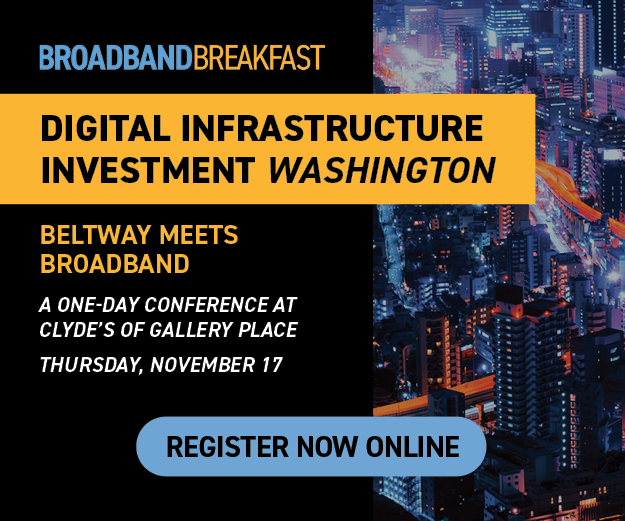
Digital Infrastructure Investment 2021
Better Broadband, Better Lives
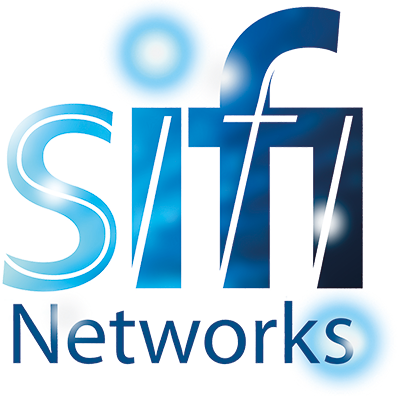
Digital Infrastructure Investment 2020
Better Broadband, Better Lives
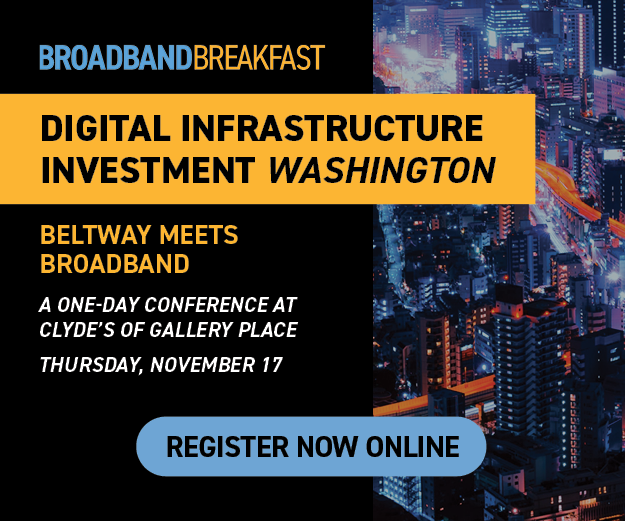
Video welcome to the 2024 Digital Infrastructure Investment:
Other Broadband Breakfast Events:
Events
Broadband Breakfast in-person events.
